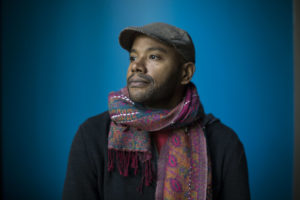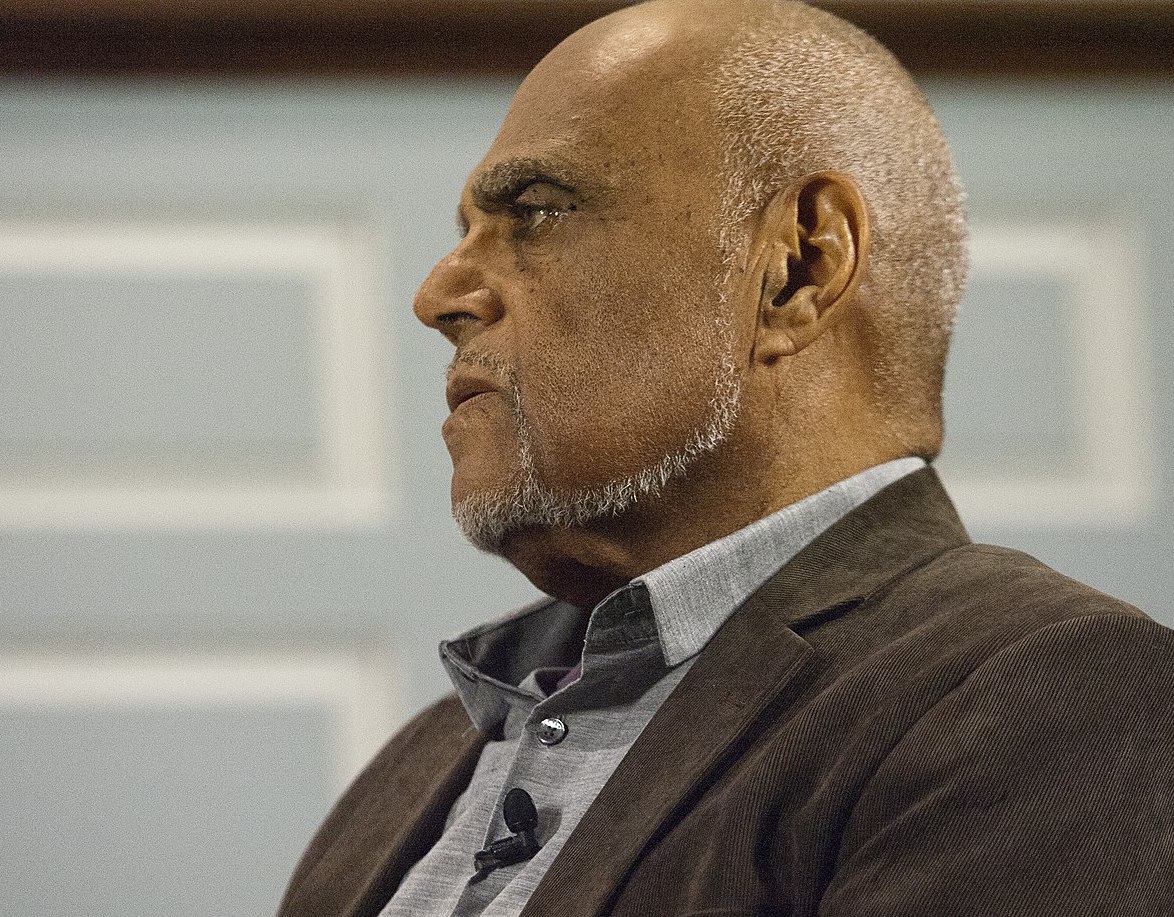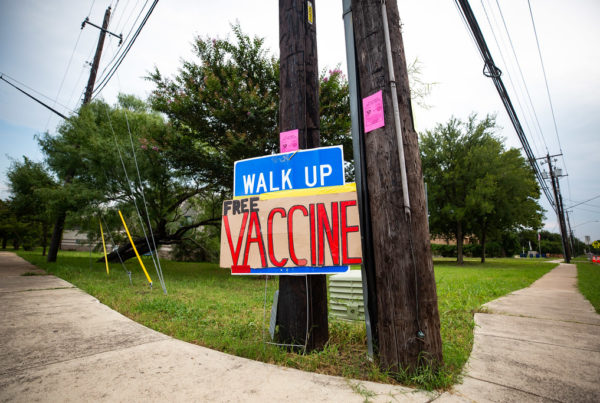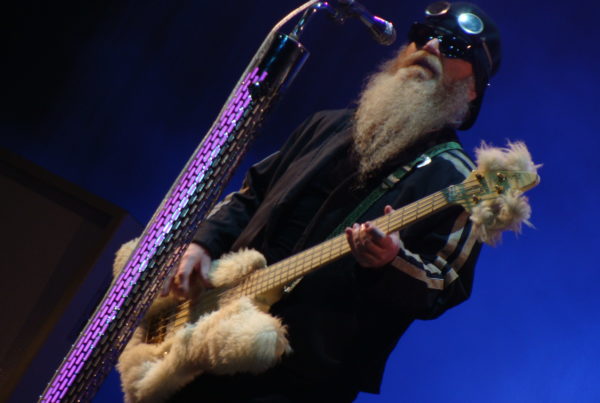Robert Parris Moses, who passed away this week at 86 years old, is the most important civil rights activist most Americans have never heard of.
Throughout his life, Moses shunned the limelight. But for a time during the first half of the 1960s, it came anyway. As the architect of Freedom Summer in 1964, Moses came to embody one of the Student Non-Violent Coordinating Committee’s, or SNCC’s, most hopeful, enduring slogans: “Come, let us build a new world together.”
Though, historically, Moses has not received the credit he deserved because he did not consciously seek the spotlight, the legacy of this giant was, and is, everywhere. Moses represents the best of a generation of radical Democratic activists whose efforts helped to change American society in ways that are still contested and unfolding. His story, one that is full of twists and turns, reflects the ongoing struggle to achieve multiracial democracy in a nation founded in racial slavery.
President Joe Biden and Vice President Kamala Harris each offered statements of tribute to Moses’ heroic activism, and with good reason. Bob Moses came early to social justice activism, and stayed late. A Harlem-bred graduate of the prestigious Stuyvesant High School, Moses graduated from Hamilton College and pursued a Ph.D. in philosophy at Harvard University, before abandoning his studies after his mother’s untimely death to care for his emotionally devastated father.
In 1960, when the sit-in movement began, Moses left his job teaching math at Horace Mann High School in New York City to join the movement. His initial ambition to work for Dr. Martin Luther King Jr. turned, by accidental good fortune, into a fast friendship with Ella Baker, the veteran organizer who founded SNCC. Moses would become SNCC’s key organizer in Mississippi. With his horn-rimmed glasses, baby face and denim bib overalls, Moses became an unlikely icon. The further he strayed from the trappings of celebrity, ego and fame, the more of a following he attracted.
The mathematician in Moses regarded democracy as a test that required political experimentation, strategic flexibility and the ability to leverage grassroots ambitions in service of national change. The philosopher in him proved capable of inspiring colleagues who range from future Black Power leaders Stokely Carmichael, to student activist and documentary filmmaker Judy Richardson. In the towns of Mississippi, Bob Moses directed the first of his many voting-rights projects, and galvanized much of the momentum that defined civil rights advocacy through the 1960s.
In 1964, the murders of James Chaney, Andrew Goodman and Mickey Schwerner, in Mississippi, made national news during Freedom Summer. Their bodies were recovered in an earthen dam in August, and before that, the search for them in local rivers recovered body parts of dead Black people. Despite this and other brutal violence, Freedom Summer went forward with volunteers organizing freedom schools, civics classes, libraries, mass-meetings and cultural and arts events in parts of the state where Black people had long been denied any citizenship at all.
In 1964, after Black people were excluded from the all-white Mississippi delegation to the Democratic National Convention, Moses helped create the Mississippi Freedom Democratic Party, and was part of an attempted negotiation with vice presidential candidate Hubert Humphrey to have their delegation recognized.
Freedom Summer’s influence – and Moses’ – has persisted throughout the 1960s and beyond. White participants such as Mario Savio organized social justice movements like the Berkeley Free Speech Movement on college campuses that amplified work already being done by Black activists. Moses’ efforts catalyzed anti-war and anti-imperialism activism within and outside of SNCC and the Black Freedom Movement. Moses should be remembered as a patriot who endeavored to do the backbreaking labor of registering Black people to vote in places where they lived under a feudal system of racial oppression: small towns run by white families whose legacies could be traced back to antebellum America, where anti-Black violence was normalized as ordinary, mundane even.
He continued his struggle deep into the 1980s and 1990s, and into the present through the Algebra Project. Moses argued that math literacy for Black students was the 20th and 21st century civil rights movement. Moses confronted, struggled and came to understand that changing these circumstances required more than legal and legislative reform, although these were important ingredients. Hearts and minds needed healing, but he knew even that was not enough. We haven’t yet reached enough.
Moses, as a SNCC leader, anti-war activist, math educator, husband, father and citizen, set the United States on a better course. We owe him an immeasurable debt of gratitude that can only be repaid by taking action in our own lives to continue his work.

Professor Peniel Joseph. Photo: Gabriel C. Pérez/KUT
Peniel Joseph is the Barbara Jordan Chair in Ethics and Political Values at the LBJ School of Public Affairs. He’s also a professor of history and founding director of the Center for the Study of Race and Democracy at the University of Texas at Austin.













